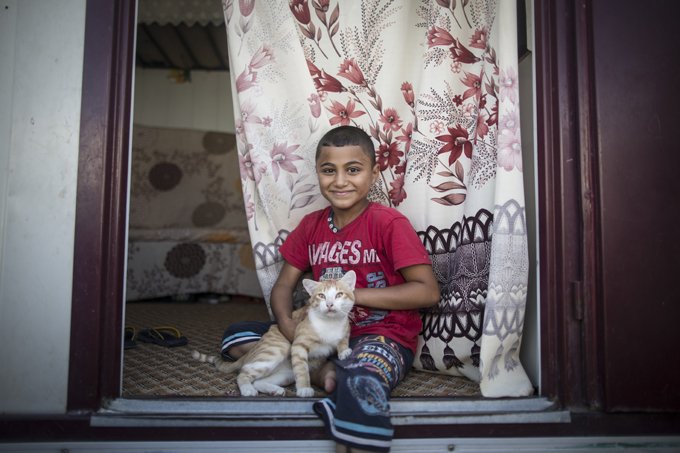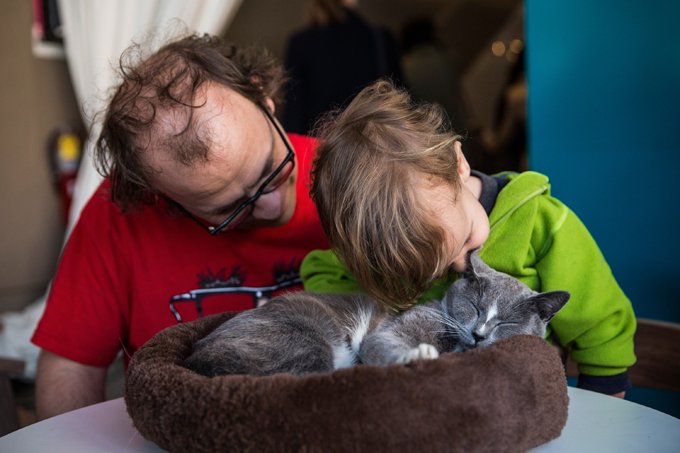
Most of us know having a pet in our lives is beneficial to us and to everyone in our family. New research has shown that living with a dog or cat is especially positive for children from military…


Most of us know having a pet in our lives is beneficial to us and to everyone in our family. New research has shown that living with a dog or cat is especially positive for children from military…



